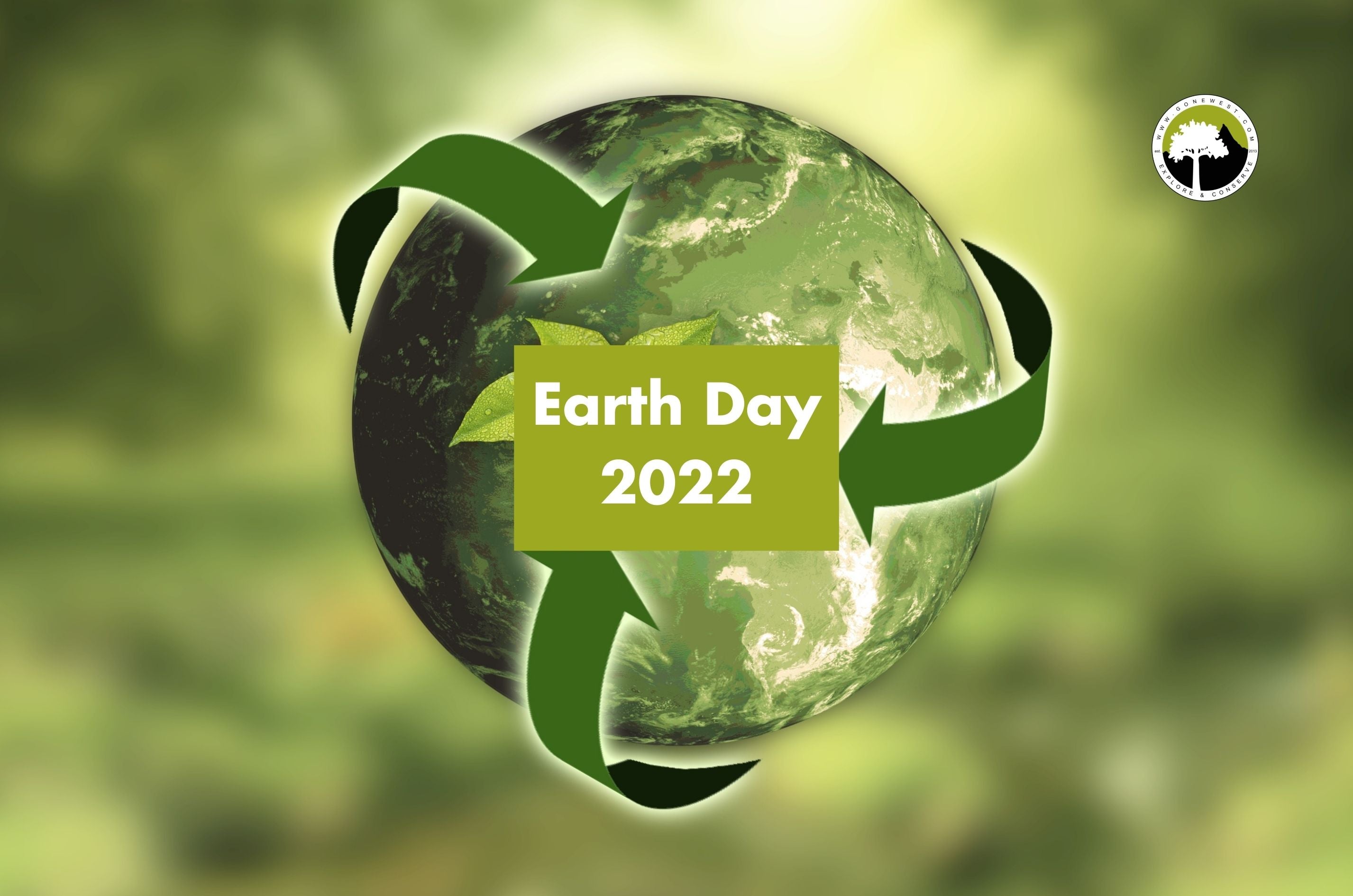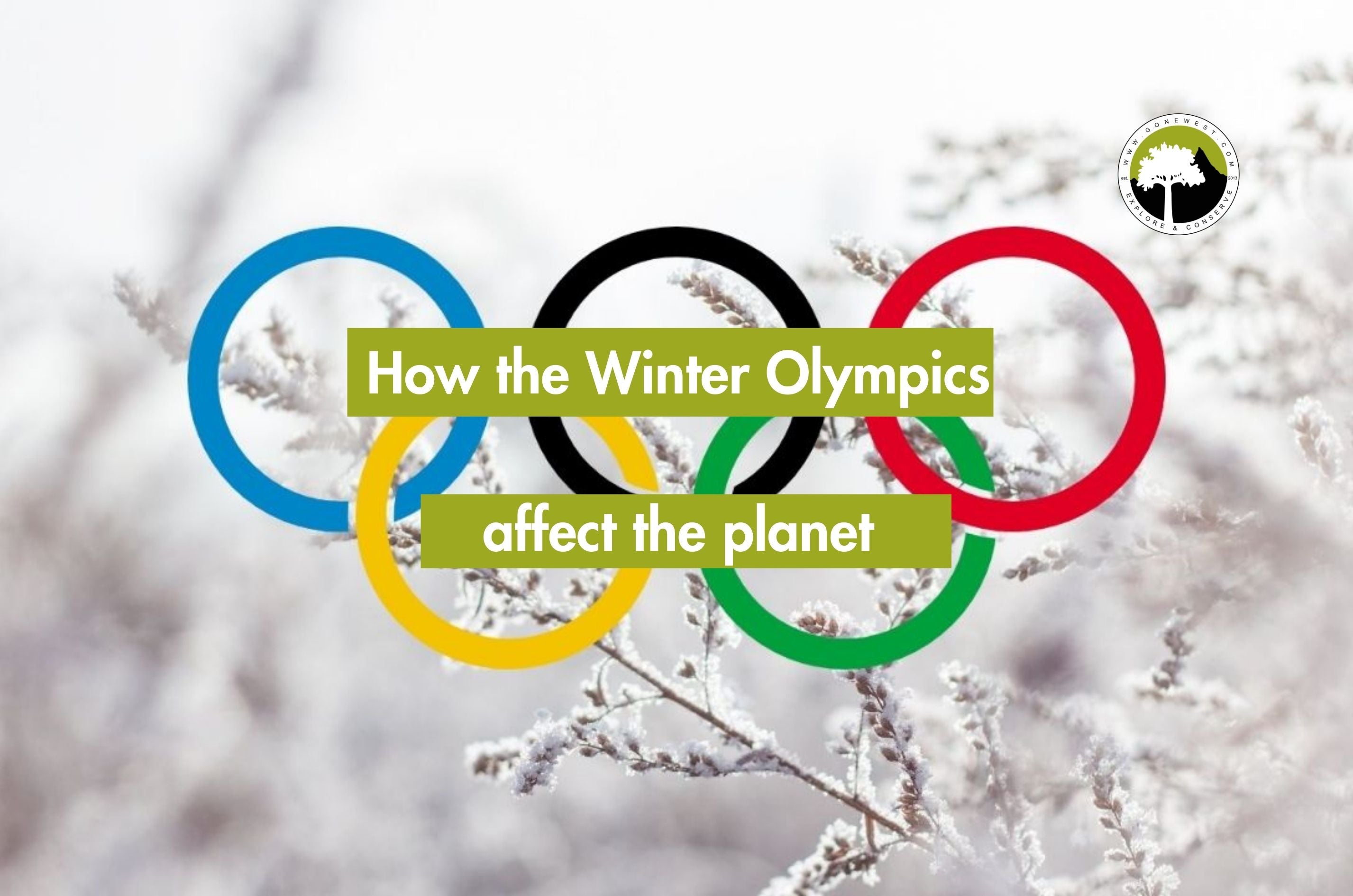Corals are often referred to as ‘the rainforest of the sea’ The value of coral reefs has been estimated at 30 billion U.S.
Upon mentioning corals, many will look at me with clueless faces. It’s expected anyway. This remains to be an unfamiliar subject among many people, despite the vital role that these tiny creatures play to ensure our survival. Yes, I didn’t make a mistake by saying the latter. Maybe it’s time enough to get rid of our ignorance masks and enlighten ourselves a little bit about these fascinating creatures.
Corals are invertebrate animals belonging to a large group of colorful and fascinating animals called Cnidaria, the same group as jellyfish and sea anemones. They are generally classified as either “hard coral” or “soft coral”. There are around 800 known species of hard coral, also known as the ‘reef-building’ corals. Soft corals, which include seas fans, sea feathers, and sea whips, don’t have the rock-like calcareous skeleton. They may occur as shallow-water corals or deep-water corals. If all the world’s shallow-water coral reefs were crammed together, the space would equal somewhere between an area of land ranging from the country of Ecuador (the low estimate) to Spain (the higher estimate). This area represents less than 0.015 percent of the ocean.
WHY ARE THE CORALS IMPORTANT TO US?
Coral reefs harbor more than one-quarter of the ocean’s biodiversity. That’s an amazing statistic when you think about it: no other ecosystem occupies such a limited area with more life forms. Corals are often referred to as ‘the rainforest of the sea’
The value of coral reefs has been estimated at 30 billion U.S. dollars and perhaps as much as 172 billion U.S. dollars each year, providing food, protection of shorelines, jobs based on tourism, and even medicines. Much can be said concerning food provision, keeping in mind that sea delicacy that you always yearn for. Much appreciation is owed to corals by the cities bordering the seashore, without which, most of them would be inhabitable due to the strong waves. Imagine an ocean without corals! Diving would be so boring.
WHATS THE PROBLEM?
Increased greenhouse gases from human activities result in climate change and ocean acidification. Climate change = ocean change. The world’s ocean is a massive sink that absorbs carbon dioxide (CO2). Although this has slowed global warming, it is also changing ocean chemistry. A warming ocean: causes thermal stress that contributes to coral bleaching and infectious disease.
The consequences lie beyond just bleaching. As the ocean continues to absorb more CO2 from the atmosphere, it becomes more and more acidic. This indeed has a devastating effect on the shells and the coral reefs at large as it decreases their structural growth, in addition to dissolving the available reefs.
Our actions here on land result in effects that go beyond the land. By affecting the oceans, we are slowly jeopardizing our survival here on earth.
By: Kelvin Jimmy Awori
Stay in the loop
Subscribe to our newsletter.
Everyone loves to get away, especially after two long years of a global pandemic. From city breaks to countryside getaways, we’re all itching to get out and about and [...]
June 23, 2022
Zero-waste living has been on the rise for quite a fews years. The movement started gaining traction when the public were made more aware of the severity of the [...]
May 15, 2022
As the world is getting back to normal and we’re beginning to travel more freely without restrictions, it’s a good time to start thinking more eco-consciously when planning your [...]
April 30, 2022
We’re sure that you, like us and many other people, are entirely burned out by bad news. Whether it’s bad news about politics, the economy, or the environment, we’ve [...]
April 14, 2022
We’re a few weeks into the Winter Olympics, with people from all over the world participating, attending, and tuning in. The event is all about celebrating people and their [...]
February 17, 2022





